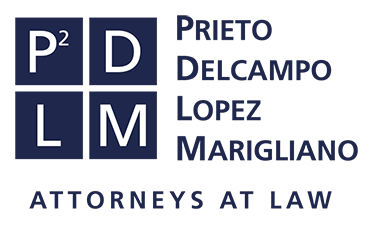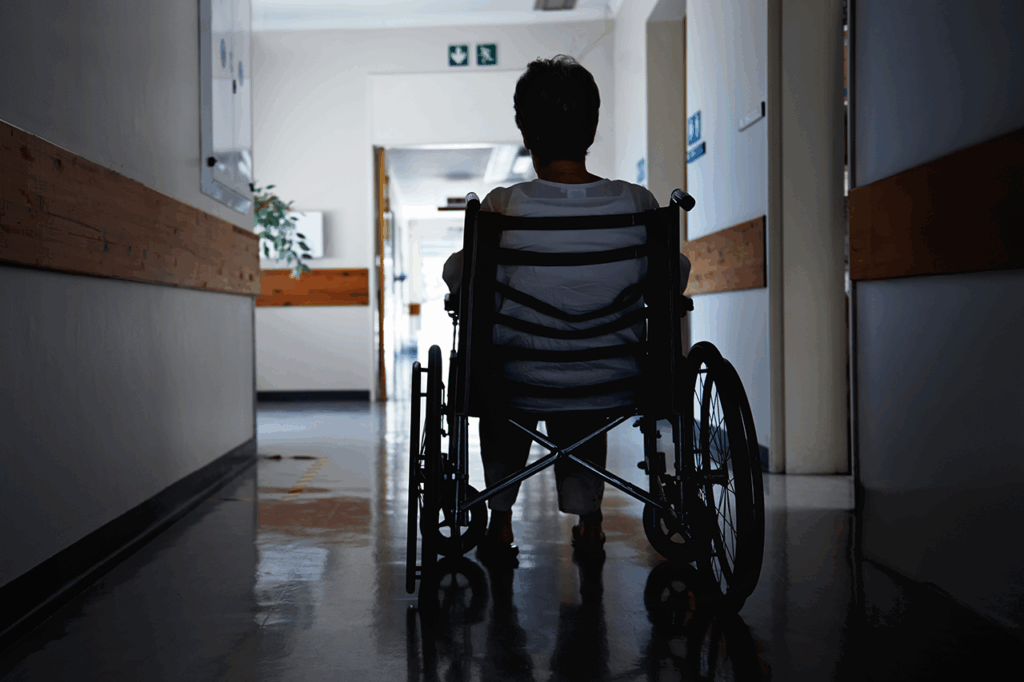Nursing home residents are among the most vulnerable members of our society. When nursing facilities cut corners on staff training to save money, residents pay a devastating price through preventable injuries that can forever alter their quality of life—or even prove fatal.
Inadequate staff training creates dangerous conditions that directly lead to resident harm, and facilities that fail in this fundamental responsibility can face serious legal consequences.
If you suspect a loved one has been victimized by inadequate training and negligent staff at a nursing home, the nursing home negligence lawyers at Prieto, Marigliano, & Prieto, LLC, can help. Contact us today to schedule a free consultation. If you’re unsure, read on to learn more about this all-too-common scenario and what you can do to get the justice you and your loved ones deserve.
Why Proper Staff Training Is Critical for Resident Safety
Nursing home care is complex, requiring staff to understand everything from proper body positioning and infection control to medication management and emergency response. Residents often can’t advocate for themselves or recognize when something is wrong, making them entirely dependent on staff competency.
When facilities prioritize profits over proper training, they create an environment where mistakes are inevitable. For example, a certified nursing assistant who doesn’t understand proper transfer techniques, or a medication aide who lacks training on drug interactions, becomes a liability that puts every resident at risk.
Improper staff training can cause a whole host of issues, including:
Improper Transfer and Mobility Techniques
One of the most common areas where inadequate training causes harm involves moving residents. Staff who don’t understand proper body mechanics and transfer techniques frequently cause injuries including falls duringtransfers from beds to wheelchairs, fractures from dropping or mishandling residents, soft tissue injuries from improper lifting, and hip dislocations from incorrect positioning.
These injuries often occur because staff haven’t learned to use mechanical lifts properly, don’t understand residents’ individual mobility limitations, or rush through transfers without following safety protocols.
Medication Administration Errors
Medication mistakes can be life-threatening, yet many nursing homes inadequately train staff responsible for dispensing drugs. Common training deficiencies include a lack of knowledge about drug interactions and contraindications, insufficient understanding of proper dosages for elderly residents, poor training on monitoring for adverse reactions, and inadequate instruction on administration timing and techniques.
These gaps in knowledge can lead to overdoses, dangerous drug interactions, missed medications, administration of the wrong medication, and failure to recognize serious side effects that can cause organ damage, hospitalizations, or even death.
Inadequate Infection Control Practices
Nursing home residents have compromised immune systems, making proper infection control critical. Poorly trained staff may spread dangerous illnesses by failing to follow proper hand hygiene protocols, use personal protective equipment correctly, isolate residents with contagious conditions, or maintain sanitary conditions in common areas.
During recent years, we’ve seen how devastating poor infection control can be in nursing facilities, with preventable outbreaks claiming numerous lives and causing serious complications among survivors.
Poor Positioning and Skin Care
Inadequate training in positioning and skin care leads to painful, potentially fatal pressure ulcers and bedsores. Staff who don’t understand proper turning schedules, pressure-relieving techniques, or early warning signs allow these preventable wounds to develop and worsen, sometimes progressing to life-threatening infections.
Unsafe Feeding Practices
Residents with swallowing difficulties require specially trained staff who understand proper food consistency and preparation, safe feeding positions and techniques, recognition of signs of choking or aspiration, and emergency response procedures. Without this training, mealtimes become potentially deadly, leading to choking incidents, aspiration pneumonia, and nutrition-related complications.
Equipment-Related Injuries
Medical equipment and assistive devices can cause serious harm when operated by untrained staff, resulting in burns from improperly set water temperatures, injuries from malfunctioning medical devices, cuts or bruises from incorrectly used equipment, and complications from improperly maintained machines.
What to Do if You Suspect a Nursing Home of Inadequate Training
Georgia law requires nursing homes to ensure their staff receive adequate training before providing resident care, including initial orientation and competency evaluation, ongoing education and skills assessment, specialized training for specific resident populations, and regular updates on safety protocols and procedures. When facilities fail to meet these standards and residents suffer harm, families may have substantial grounds for legal action based on negligence and regulatory violations.
If you suspect poor training contributed to your loved one’s injury, it’s essential to act quickly to gather evidence and protect your family’s rights. Start by requesting training records for all staff involved in your loved one’s care, asking about certification requirements and whether all staff meet them, and inquiring about continuing education programs and recent updates. Document any observations of improper care techniques or staff confusion, and review facility inspection reports for training-related violations.
Contact Our Nursing Home Injury Lawyers Today
Nursing homes have a legal duty to ensure their staff are properly trained to provide safe care. When training failures result in resident injuries, facilities can be held liable for medical expenses and ongoing care costs, pain and suffering endured by the resident, loss of quality of life and dignity, and in cases of death, wrongful death damages.
If you believe inadequate staff training contributed to your loved one’s injury, contact our experienced nursing home negligence attorneys. We know how to investigate training records, interview staff, and establish facility liability. Remember, holding facilities accountable not only helps your family seek justice but also protects future residents by demanding the high standards of care our most vulnerable citizens deserve.

